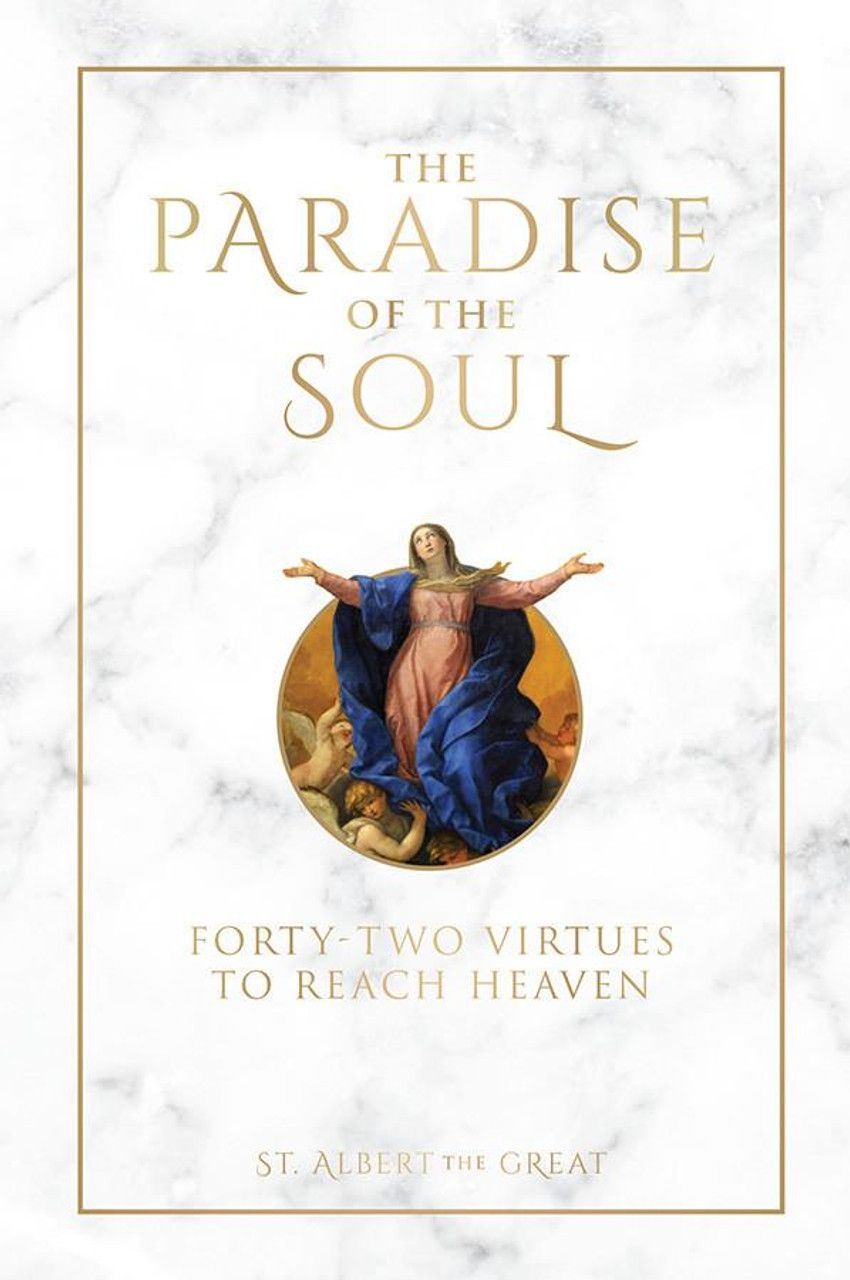
The Paradise of the Soul: Forty-Two Virtues to Reach Heaven
What is virtue? It is not a question often asked anymore; yet throughout the centuries, philosophers have considered it one of the most important questions of human life. Coming from the Latin word for "strength," virtue denotes a steady habit of willing the good—in Christian terms, pursuing the love of God and neighbor—in some particular way. While most Catholics know the virtues of faith, hope, and charity, as well as prudence, temperance, courage, and justice, many of us are unaware of numerous other virtues, such as discretion, constancy, and holy silence. Saint Albert the Great, one of the greatest Doctors of the Church, and one of the greatest intellects of all time, recognized 42 distinct virtues. His teachings not only name and define the virtues, but also direct and guide us in their fruitful exercise. Few are as qualified to teach on this subject as Albert, the Universal Doctor, best known as the teacher of Saint Thomas Aquinas himself. Only a man of true virtue could teach the truth of the virtues.
